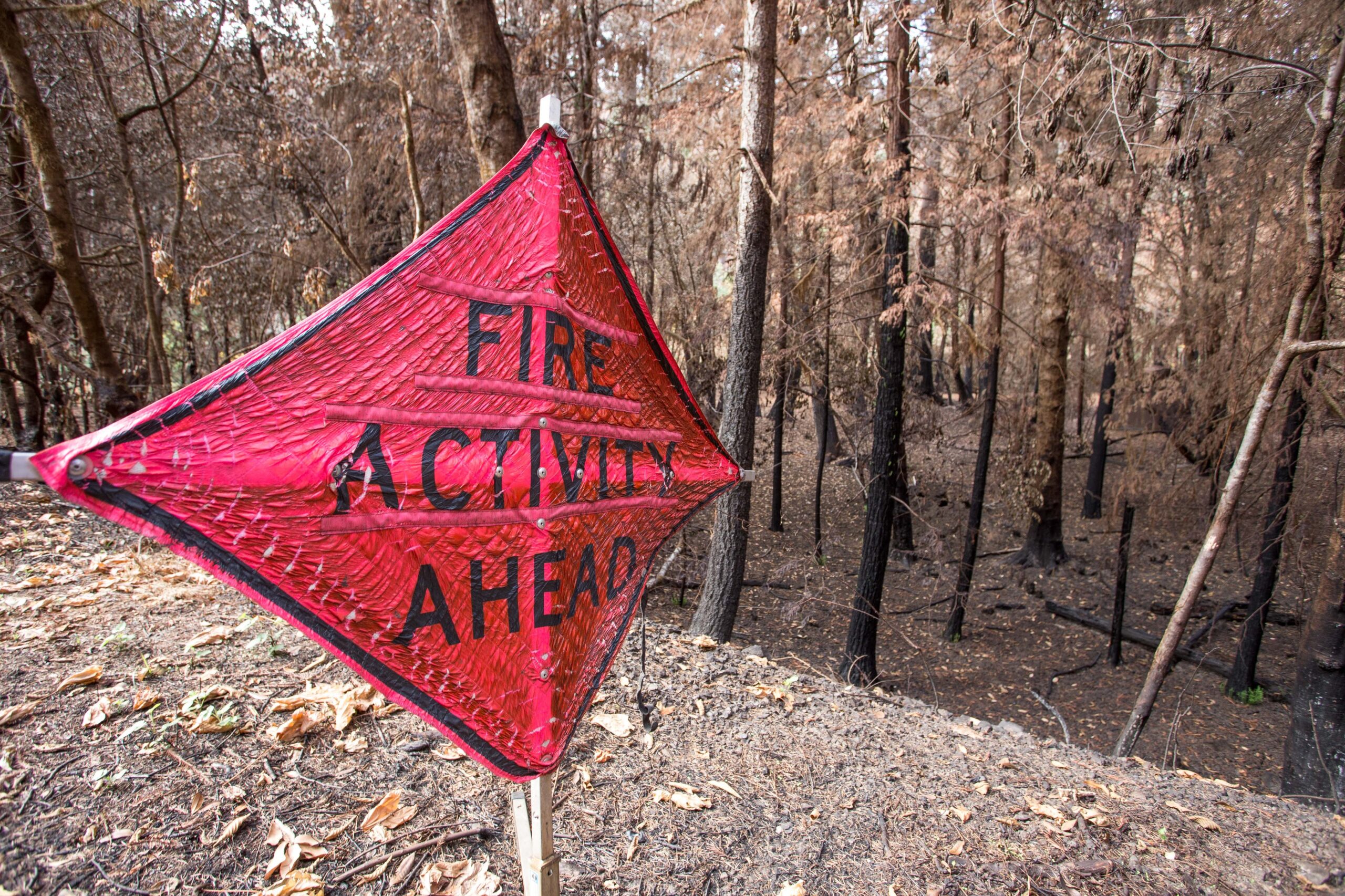Researchers from UC Berkeley’s Department of Environmental Science, Policy, and Management, along with the Center for Fire Research and Outreach, highlighted the critical role of vegetation management and firefighting in determining wildfire risk in California in a study published in the peer-reviewed, open-access, scientific journal Environmental Research Letters.
The study authors examined 65 years of historical fire data and found that federal ownership, federal firefighting efforts, and “reserve” designation (like parks and wilderness areas) were linked to significantly higher wildfire probability. The trend has intensified in recent years; wildfires from 2000-2015 occurred two-to-three times more frequently on federally owned lands compared to similar non-federal lands.
Data indicated that the likelihood of wildfire was nearly equally impacted by land ownership, firefighting efforts and reserve status and had a greater impact on fire probability than uncontrollable elements like average summer temperatures, annual precipitation and topsoil moisture levels.
The study suggests that re-introducing fire and increasing fire frequency can help restore historic fire management practices to restore natural ecosystem functioning.
For areas where restoring historic fire regimes is impractical, such as those near cities or where introducing fire is unsafe, the study provides evidence that fire risk can be successfully mitigated through vegetation management and firefighting. Although non-reserve lands generally permit activities like grazing and timber harvesting, these practices are more common on non-federal lands.
While the study did not directly measure the impact of these activities, the decline in their use on federal land post-1970s compared to non-federal lands may explain the divergence in fire frequency. This aligns with other research showing that intelligent application of tools like vegetation management and reintroduction of managed fire to reduce fuel loads along with aggressive firefighting can decrease fire risk.

